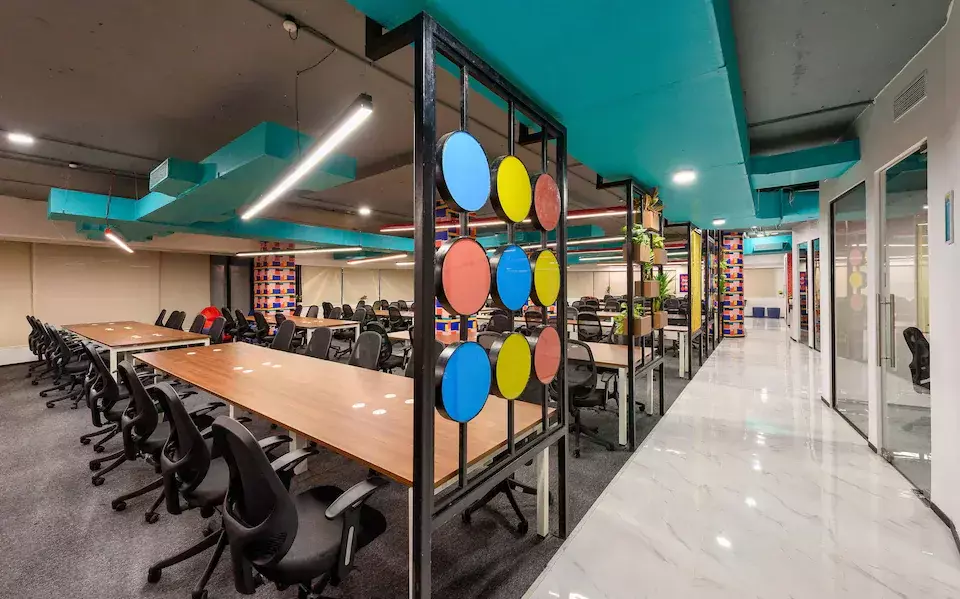
Why Brij Mall Calls Fancy Startup Offices a Grave Mistake
As the startup ecosystem continues to grow and evolve, many entrepreneurs and founders are making the mistake of leasing lavish offices too early in their journey. This trend, however, can have devastating consequences for their businesses, leading to cash drain and hindered growth. Brij Mall, a renowned Gurugram-based entrepreneur and angel investor, has sounded the alarm on this issue, urging founders to rethink their office space strategies.
In a recent interview, Mall emphasized that leasing a fancy office space too early can be a grave mistake, as it can lead to significant expenses that can drain cash and hurt growth. He pointed out that startups often mistake image for impact, believing that a lavish office space is a must-have to attract talent and impress investors. However, this approach can be counterproductive, as it can divert valuable resources away from more critical areas of the business.
Mall’s warning is particularly relevant given the current state of the startup ecosystem. According to a recent report, startups now occupy 19% of big-city office space, with many founders opting for premium office leases in an effort to project a more professional image. However, this trend is not without its risks, as it can lead to financial burdens that can be difficult to sustain.
So, what are the pitfalls of leasing fancy offices too early? For one, it can be a significant expense, with costs ranging from rent to utilities to furniture and equipment. This can be a major drain on cash reserves, leaving founders with limited resources to invest in other areas of the business.
Moreover, fancy office spaces can also come with a range of hidden costs, including maintenance and repair expenses, which can be unpredictable and burdensome. Additionally, the costs of leasing a large office space can be difficult to scale back if the business experiences a downturn, making it a risky investment for entrepreneurs.
Another issue with leasing fancy offices too early is that it can hinder the ability of founders to adapt to changing circumstances. With a significant portion of their budget tied up in office leases, founders may be less able to respond to unexpected challenges or opportunities, which can be a major disadvantage in the fast-paced world of startups.
So, what are the alternatives? Mall recommends that founders consider using co-working spaces, which can offer a more flexible and cost-effective solution. Co-working spaces provide a professional environment without the need for a long-term lease, allowing founders to scale up or down as needed.
Mall also emphasizes the importance of keeping costs lean, particularly in the early stages of a startup. He notes that ego can be the biggest expense on a founder’s balance sheet, and that entrepreneurs should prioritize their resources accordingly.
In conclusion, leasing fancy offices too early can be a grave mistake for startup founders. While the desire to project a professional image is understandable, it is essential to prioritize financial prudence and strategic planning. By considering alternative office space options, such as co-working spaces, and keeping costs lean, founders can ensure that their businesses are well-positioned for success in the long term.






